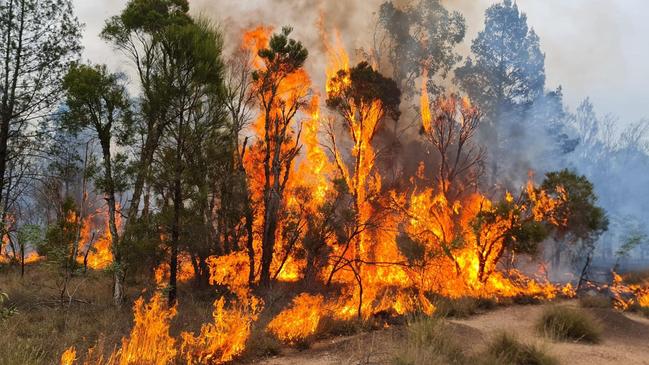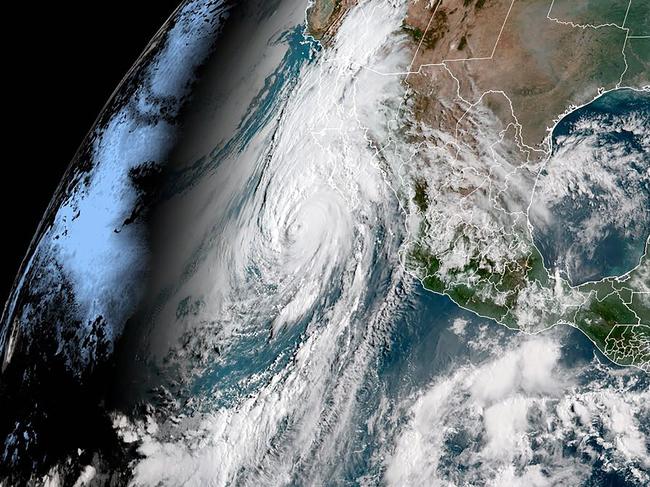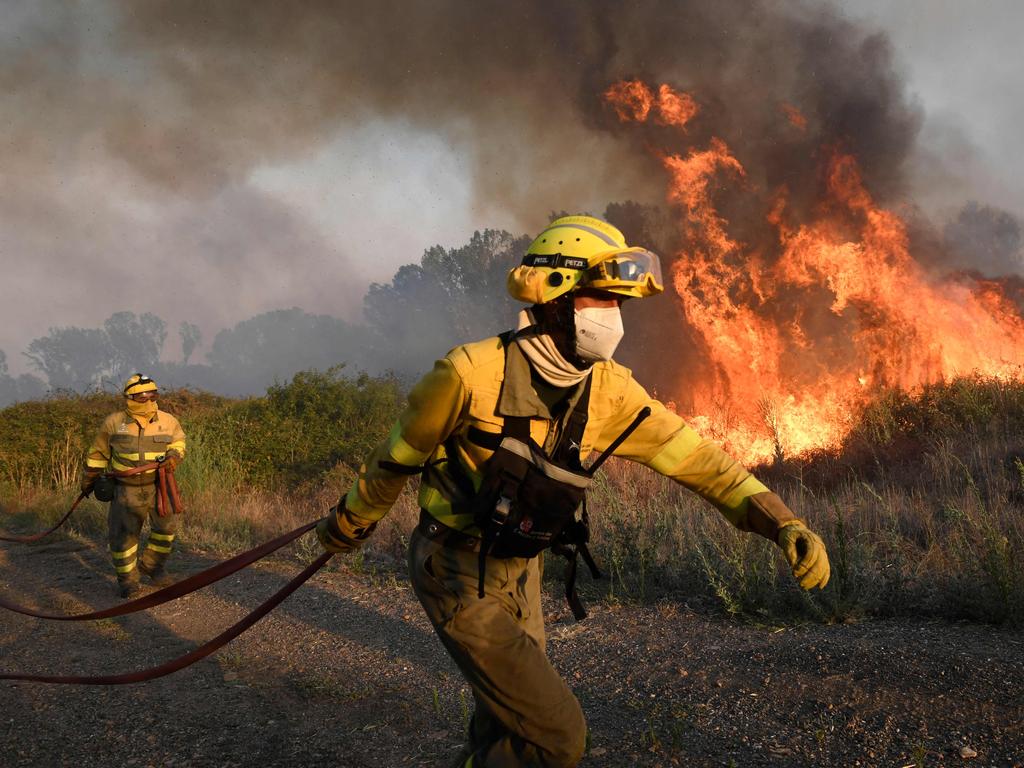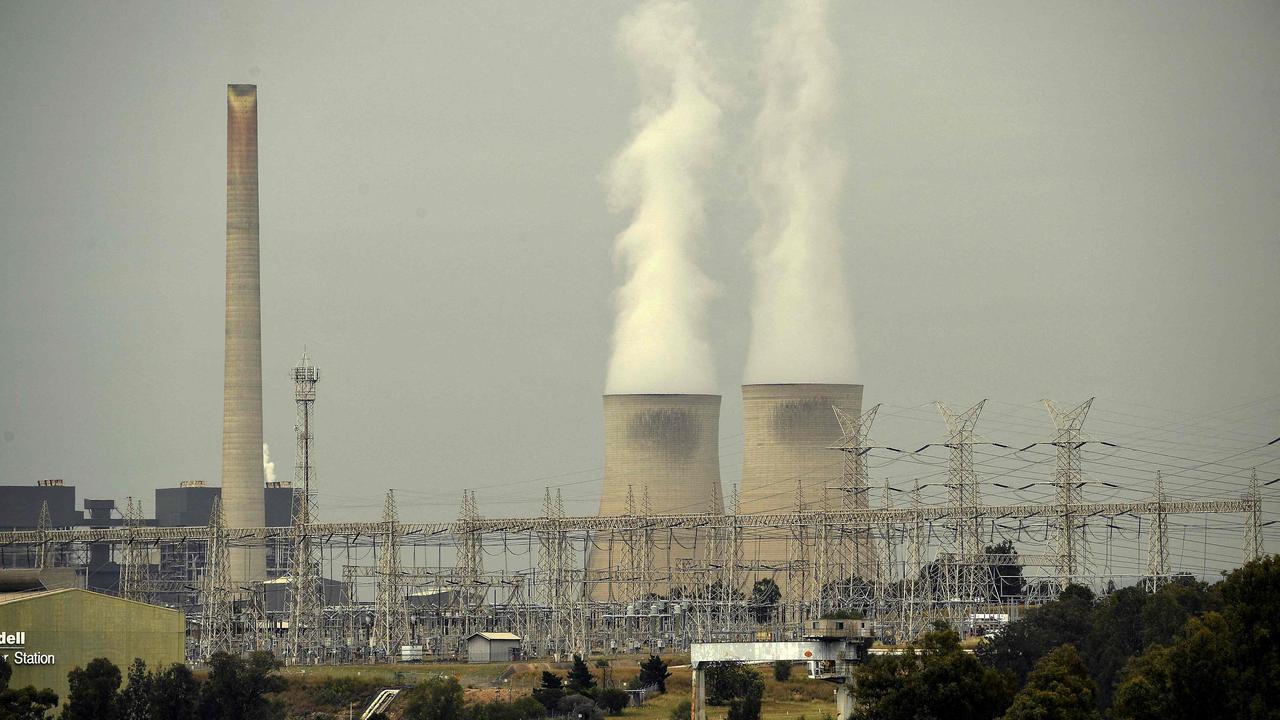Study claiming no evidence of ‘climate emergency’ withdrawn after heated campaign
An investigation has led to claims that climate science had become ‘highly politicised’.

One of the world’s most prestigious science publishers has withdrawn an international study of major weather and extreme events that found there was no evidence of a “climate emergency” in the record to date, after a heated campaign involving top climate scientists.
The paper, “A critical assessment of extreme events trends in times of global warming”, was the subject of a year-long investigation after complaints were made.
The investigation was prompted after an article was posted on the Guardian website in response to an accurate article on the paper published in The Australian in September last year.
Leaked details of the investigation have led to claims that climate science has become “highly politicised”.
The study by Italian scientists provide a long-term analysis of heat, drought, floods, hurricanes, tornadoes and ecosystem productivity and finds no clear positive trend of extreme events. The authors did not say that no action should be taken on climate change but argued the issue should be placed in a broader context.
But complaints about the article led the publishers, European Physical Journal Plus, to withdraw it.
In a statement, the journal said concerns were raised regarding the selection of the data, the analysis and the resulting conclusions of the article. It said the authors were invited to submit an addendum to the article, but a post-publication review of the concerns with the article and the submitted addendum concluded that the addendum was not suitable for publication and that the conclusions of the article “were not supported by available evidence or data provided by the authors”.
“In light of these concerns and based on the outcome of the post-publication review, the editors-in-chief no longer have confidence in the results and conclusions reported in this article,” it said in a note. The journal said “the authors disagree with this retraction”.
US climate scientist Judith Curry was asked to appraise the paper and advised against withdrawal. Dr Curry told The Australian she believed the paper should have been published.
“Publishing climate science in the peer-reviewed journal literature has become highly politicised with gatekeeper editors that are influenced by mob action from activist scientists. A very sad state of affairs,” Dr Curry said.

“My take is that the ‘problem’ is that in his conclusions the author stated something like that urgent action to reduce emissions wasn’t warranted. This is a huge red flag, and activists cannot allow this statement to stand.
“In fairness, the analysis does not in itself justify any conclusion about policy. But that said, I have seen countless papers conclude with the statement ‘and therefore urgent action to reduce fossil fuel emissions is needed’, which is equally unjustified by the analysis in their paper.”
The paper was criticised for not referencing the IPCC Sixth Report AR6, which the authors said was not published when they submitted their article.
The AR6 report said it was “an established fact that human-induced greenhouse gas emissions have led to an increased frequency and/or intensity of some weather and climate extremes since pre-industrial time, in particular for temperature extremes”.
The authors were asked to write an erratum taking the final, published version of AR6 into account. According to leaked correspondence, lead author Professor Gianluca Alimonti offered to write an addendum to take in the AR6 findings. The addendum was put out for review.
According to reports of the process, one reviewer said: “The original article is a straightforward recitation of credible, key data about several types of extreme weather events. I find nothing selective, biased, or misleading in what they present. While there’s hardly anything written that isn’t well-known to experts,… It’s useful for non-experts to see the underlying data, which are most often obscure in the IPCC reports.”
“The addendum is an on-point discussion of the extent to which the original paper agrees with the IPCC on three types of extremes. The document is up to professional standards -specific, detailed, and with citations”, the review said.
Another reviewer said: “I don’t see any grounds for criticising this work. Further, most of their conclusions are supported by the IPCC AR6 WG1.”
But the journal editor said after in-depth consultation with the publishers, and the advice of an adjudicator, the conclusion was that a retraction was inevitable, a decision fully backed by the publishers.
Meanwhile, the Italian authors Professor Alimonti and Luigi Mariani, have successfully published an updated version of their paper, also peer reviewed and in a different scientific journal, Environmental Hazards. The new paper looks at trends in the number of natural disasters reported since 1900.
It concludes that patterns observed are largely attributable to progressively better reporting of natural disaster events.
“The above result sits in marked contradiction to earlier analyses by two UN bodies (FAO andUNDRR), which predicts an increasing number of natural disasters and impacts in concert with global warming. Our analyses strongly refute this assertion as well as extrapolations published by UNDRR based on this claim”, the paper said.





